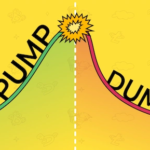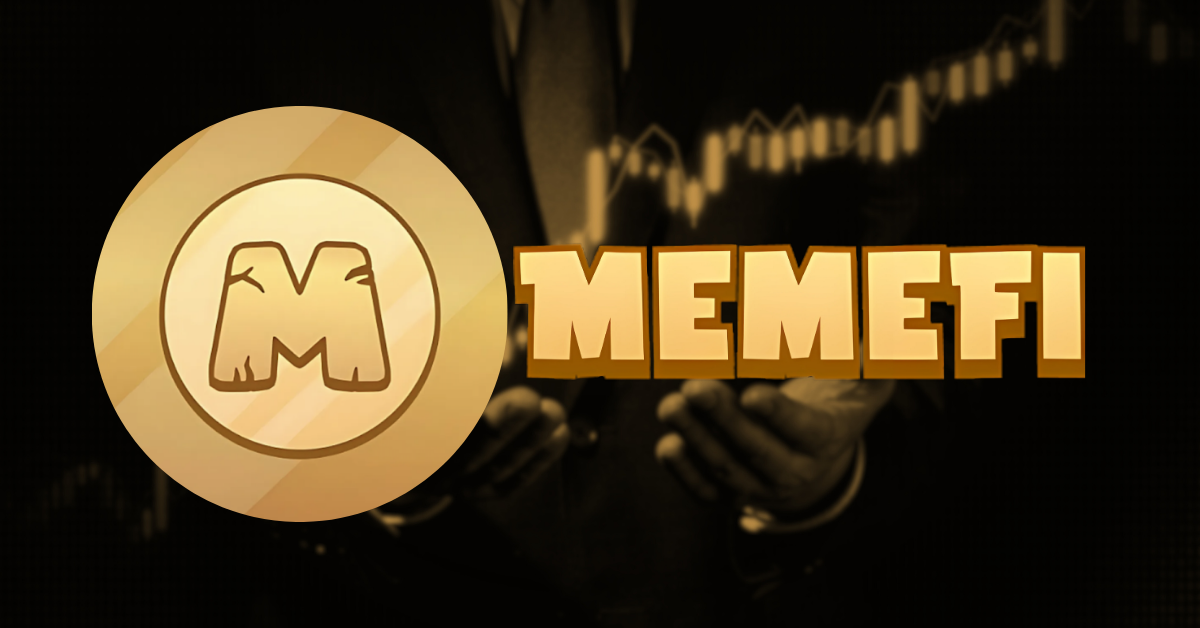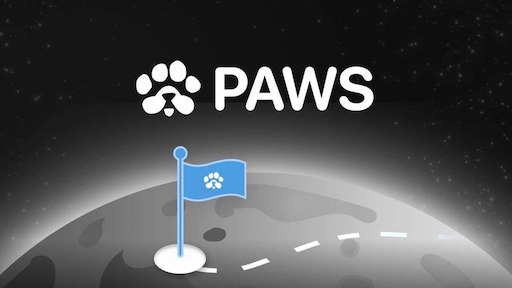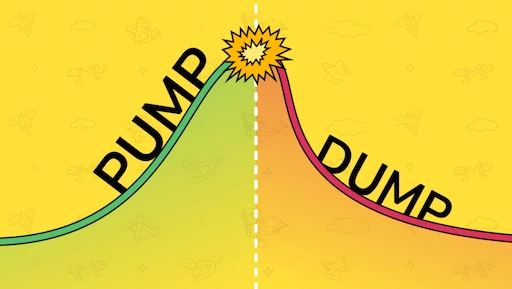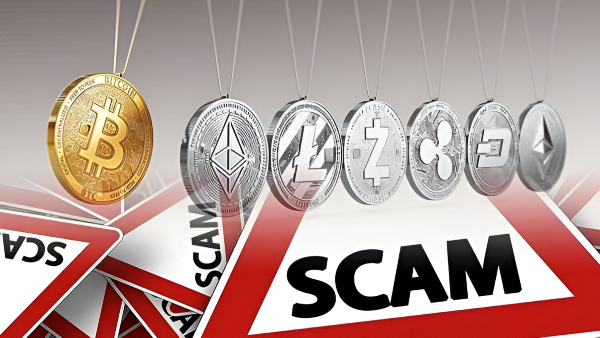In the rapidly evolving world of cryptocurrency, the emergence of new projects often brings excitement and opportunities. However, it also raises concerns about legitimacy and potential scams. Memefi, a tap-to-earn game hosted on Telegram, has recently garnered attention due to its promise of a Token Generation Events (TGE) and subsequent exchange listing. This blog post aims to dissect these developments and highlight why potential investors should exercise caution before committing any more funds.
The Indifferent postponing of TGE and Listing
Memefi’s strategy centers on a Token Generation Event (TGE) and listings on major exchanges, including Binance and Bybit. Initially scheduled for October 9, 2024, the TGE and exchange listings have been postponed multiple times—first to October 30, then to November 12, and most recently to November 22, 2024. While such events are generally seen as positive indicators of a project’s development and investor demand, the promise of high returns can sometimes lead inexperienced investors to act impulsively, without fully considering the associated risks. The repeated delays and shifting timelines surrounding Memefi’s announcements have raised significant concerns, and rumors circulating about the frequent postponements are fueling speculation that this may signal deeper issues or even potential fraud. In light of these developments, investors would be prudent to exercise caution and carefully evaluate the risks before making any further commitments to this project.
Lack of Transparency
One of the most concerning aspects of Memefi is the anonymity surrounding its developers. Information about the team behind Memefi is scarce, which is a significant red flag in the cryptocurrency space. Projects that thrive on transparency often provide detailed backgrounds on their founders and their previous successes. In contrast, Memefi’s lack of verifiable information about its creators raises questions about its credibility. Furthermore, the absence of regulatory oversight or licensing further amplifies these concerns; legitimate projects typically operate within established legal frameworks to protect their investors.
Promises of High Returns
Memefi promotes itself as a lucrative opportunity for players, claiming that participants can earn substantial rewards without prior knowledge or investment. This kind of marketing strategy is reminiscent of classic scam tactics designed to attract naive users who may not fully grasp the complexities of cryptocurrency investments. The allure of easy money often blinds individuals to the potential pitfalls, making them more susceptible to losses.
Comparisons to Other Projects
The recent history of similar tap-to-earn games like Hamster Kombat serves as a cautionary tale. Many players experienced disappointment when promised rewards failed to materialize as expected. Critics have drawn parallels between Memefi and these previous projects, suggesting that it may follow a similar trajectory—initial hype followed by disillusionment as users realize that the promised returns are unlikely to be fulfilled.
User Feedback and Community Sentiment
Feedback from users has been mixed at best. Many participants express skepticism regarding Memefi’s Grand Draw rewards system, which requires users to invest tokens for a chance at winning prizes. This model has led to accusations that only insiders or team members will benefit from these giveaways, further eroding trust in the project. Additionally, users have pointed out that they would prefer straightforward airdrops rather than convoluted giveaway systems that seem designed more for profit generation than user engagement.
Conclusion: A Call for Caution
Given the numerous red flags associated with Memefi—including its opaque leadership, aggressive marketing tactics promising unrealistic returns, and comparisons to other potentially fraudulent projects—it is prudent for potential investors to reconsider their involvement with this project. The combination of these factors suggests that Memefi may not be a safe investment opportunity.
Investors should prioritize due diligence and thoroughly research any cryptocurrency project before committing funds. In an industry rife with scams, exercising caution can help protect against significant financial losses. As always, if something seems too good to be true, it probably is—especially in the unpredictable world of cryptocurrency.
Citations:
[1] https://empowerment.com.ng/memefi-listing-date-and-tge-announcement-what-you-need-to-know
[2] https://www.bittime.com/blog/jadwal-memefi-listing-jadi-7-november-ini-syaratnya-eligible
[3] https://www.bitget.com/academy/memefi-listing-date-on-sui-november-12-2024-details-airdrop-tokenomics
[4] https://www.bittime.com/en/blog/memefi-listing-di-cex
[5] https://controverity.com/2024/10/25/memefi-listing-date-approaches-amid-major-ecosystem-changes/
[6] https://ratingforexx.com/en/blog/memefi/
[7] https://www.bbc.com/pidgin/articles/c4g4glznp15o
[8] https://timesofindia.indiatimes.com/technology/gaming/memefi-daily-codes-for-october-24-2024-earn-virtual-coins-with-each-win/articleshow/114532188.cms



